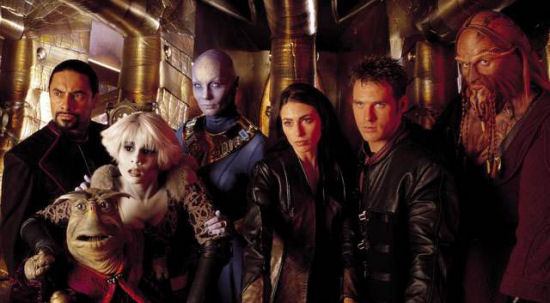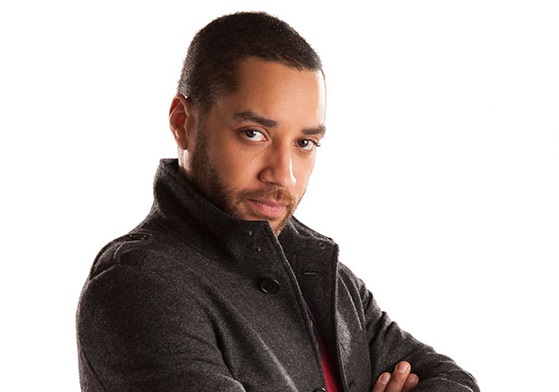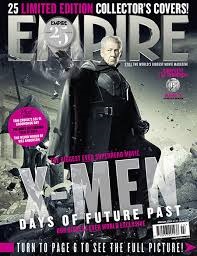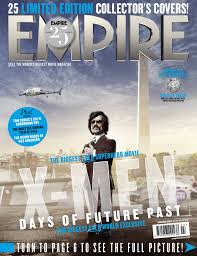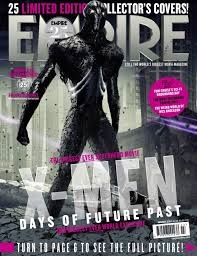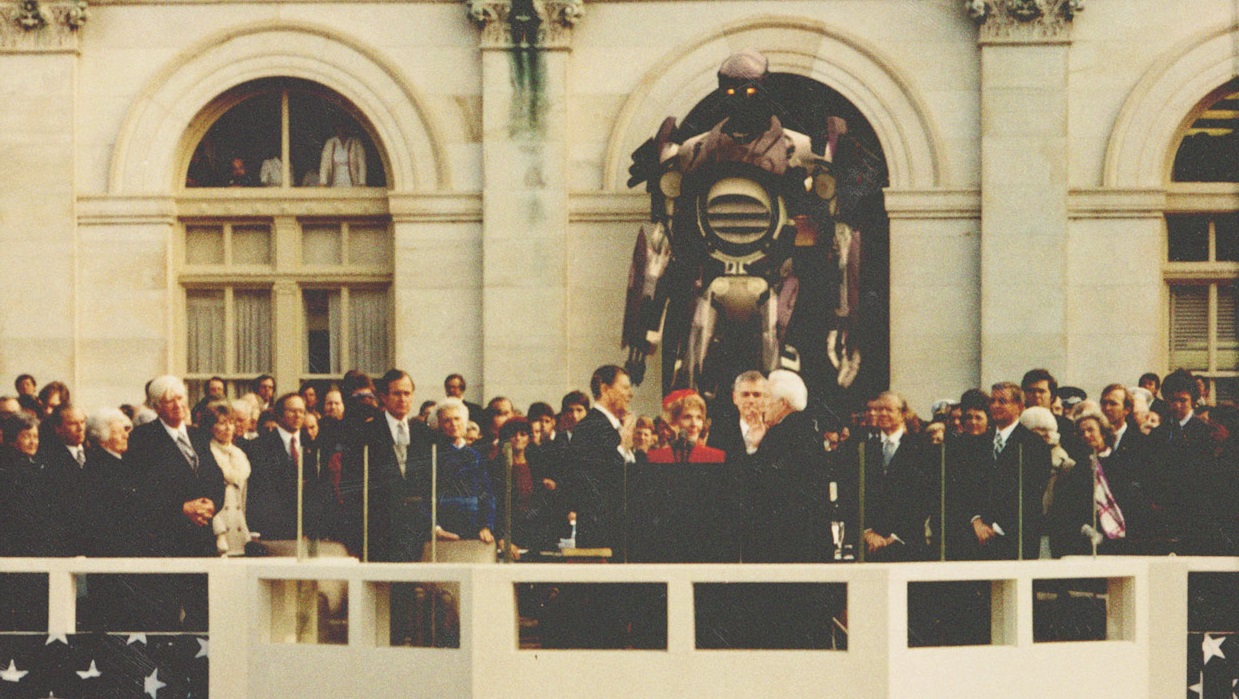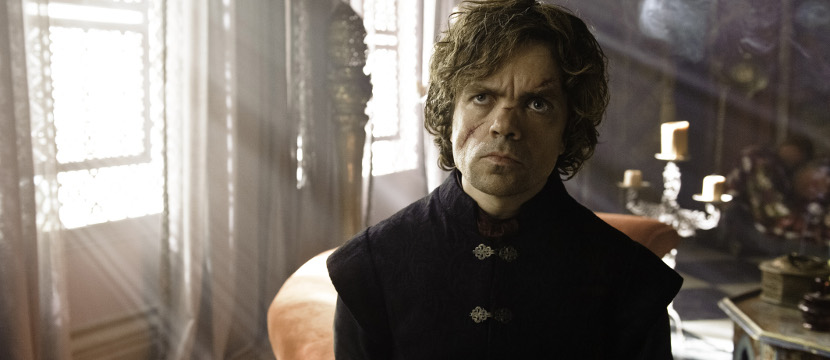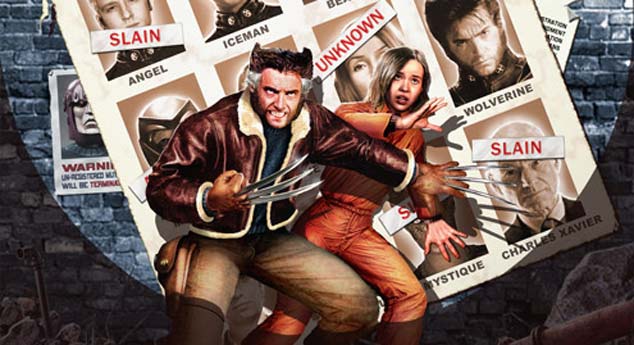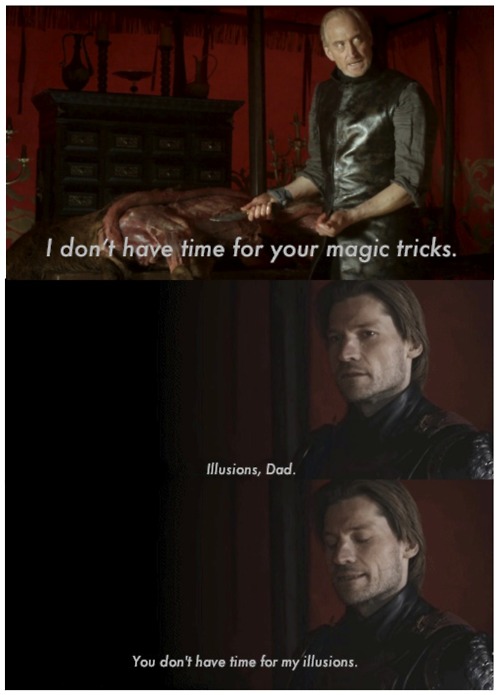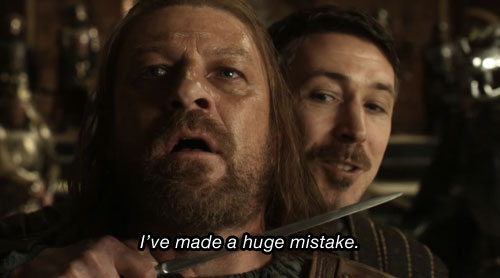As I noted of The Lion, the Witch, and the Wardrobe back in 2005, I could take or leave the Narnia books as a child, even despite my inordinate fondness for Tolkien. I liked LWW well enough, but as the “Famous Five“-style adventure of that book yielded more to high fantasy, and particularly as the lion became more overtly arch-Christian in the later tomes, I pretty much tuned out of the series, and if I read the last few books, I don’t remember them at all. So it was that I ventured into Andrew Adamson’s The Chronicles of Narnia: Prince Caspian yesterday evening out a sense of fanboy dutifulness more than anything else. (Also, I’m not sure what it says of summer movie culture that this is the third review in three weeks that I’ve had to preface with an explanation of my relationship to the kid-oriented source material.)
In any event, dutiful is a good way to sum up Prince Caspian. It’s a competently-made fantasy-war film, and it hits all the beats I remember — In fact, unlike PJ’s LotR, the best parts of the film may be the deviations from the book. But I found the overall experience somewhat lackluster and prosaic, and I had the vague sense throughout of being forced to watch a high-end BBC production of an acclaimed children’s fantasy novel in school somewhere. To be honest, I’m not entirely sure if that’s due to Adamson’s film or Lewis’ tome. Either way, unless you’re considerably more fond of the Narnia books than I (or are looking to prosletize to children) I’d probably skip it. Caspian isn’t a bad film per se — it just feels like a hollow one.
Prince Caspian begins with an eclipse, a birthing, a midnight assassination attempt, and a Ford of Bruinen-style horse race, all of which suggest that we’ve moved pretty far afield from the twee satyrs and beavers of the last Narnia outing into more Elizabethan fare. The target of said attempt is one Prince Caspian (Ben Barnes), the rightful heir to the Telmarine throne, who’s now been forced out of the picture by his uncle, Lord Miraz (Sergio Castellitto)…but not before being given a magical horn from the ancient days of yore. After being accosted by dwarves (Peter Dinklage, Warwick Davis), Caspian toots his own horn and, lo, we’re back with the Pevensie children — Peter, Susan, Edmund, and Lucy — in wartime London, one year after the events of LWW. The horn’s spell soon shuttles the four back to Narnia (a good thing, since they seem to be having trouble adjusting to the real world)…but now it’s 1300 years after their last visit, the land has grown more savage, and the Narnians are all but extinct, thanks to the depredations of the Spaniards, uh, Telmarines. And so it falls upon the Pevensies to come to the aid of Caspian, and to try to make things right in their former kingdom. But where is Aslan? Only Lucy (Georgie Henley), the youngest, believes He still might around to help, here in this darkest hour of Narnia. But, who’s everyone else gonna believe? Lucy or their lion eyes?
What ensues, give or take some alpha-male grandstanding between Peter (William Moseley) and Caspian — and goo-goo-eyes made between Caspian and Susan (Anna Popplewell) — is basically a two-hour fantasy-war film: In other words, this is the Two Towers of the bunch, with sieges, cavalry, trebuchets, the whole nine. And, while it’s interesting to see how much Tolkien shared with and/or borrowed from his fellow Inkling — we have the dispossessed king of Men, a variation on the Ents, and the aforementioned Ford here — it’s hard not to get the impression that medieval fantasy-wars are a bit played out in cinema at the moment. Aside from a stealthy incursion upon the Telmarine fortress, one that ends rather horribly (and includes a minotaur pulling a Gan), there’s a lot of been-there, done-that to the proceedings here. And, despite the valiant efforts of Peter Dinklage (making a solid case that del Toro’s Hobbit might do well to take a page from Time Bandits when to comes to Thorin Oakenshield’s band), the cast from the rather-bland Caspian on down is mostly unmemorable, particularly compared to James McAvoy, Ray Winstone, et al from LWW. (And Eddie Izzard’s turn as a mouseketeer, basically Shrek‘s Puss-in-Boots spliced with the Ratatouille gang, reinforces the unfortunate sense that Caspian has mostly been beaten to the punch, film-wise.)
One of the best sequences in the film is a surprise appearance by Tilda Swinton’s White Witch (one apparently added by Adamson), which not only helps round out Edmund (Skandar Keynes)’s story arc from the first film but, for a few minutes, brings both personality and a real sense of menace to the tale. Otherwise, alas, Prince Caspian is mostly a lot of medieval grunting, centaurs and satyrs cheering, and we the audience waiting around for the inevitable leonis-ex-machina. O Lion, why has thou forsaken us?

